Meeting Sam Bankman-Fried
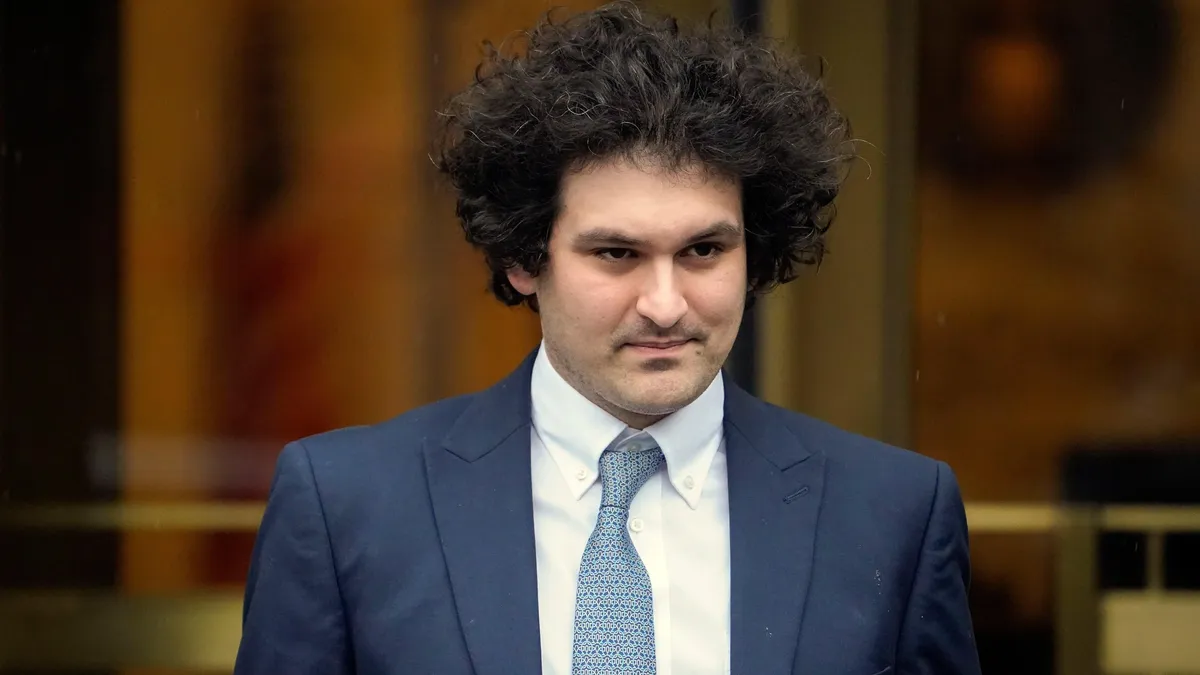
As an engineer at Alameda Research, I had my entire life savings stolen from me by my former boss: Sam Bankman-Fried. Now, after months of recuperation from the craziness of the FTX collapse, I’m ready to tell my story.
Let’s start at the beginning:
I still remember my first time meeting Sam - it was my first day of work at the office. I had just left my job at Google, and was excited to be working at this small, mysterious crypto trading firm. At the time, there had only been minor press coverage of Sam. Alameda/FTX were far from well-known even within tech circles. Heck, I only knew about the company because a bunch of early employees had also been students at Berkeley, and the news had spread to me through the grapevine.
The office itself was nondescript. Situated on the 4th floor of an ordinary-looking office building in downtown Berkeley, it was a place that I had walked by many times during college.
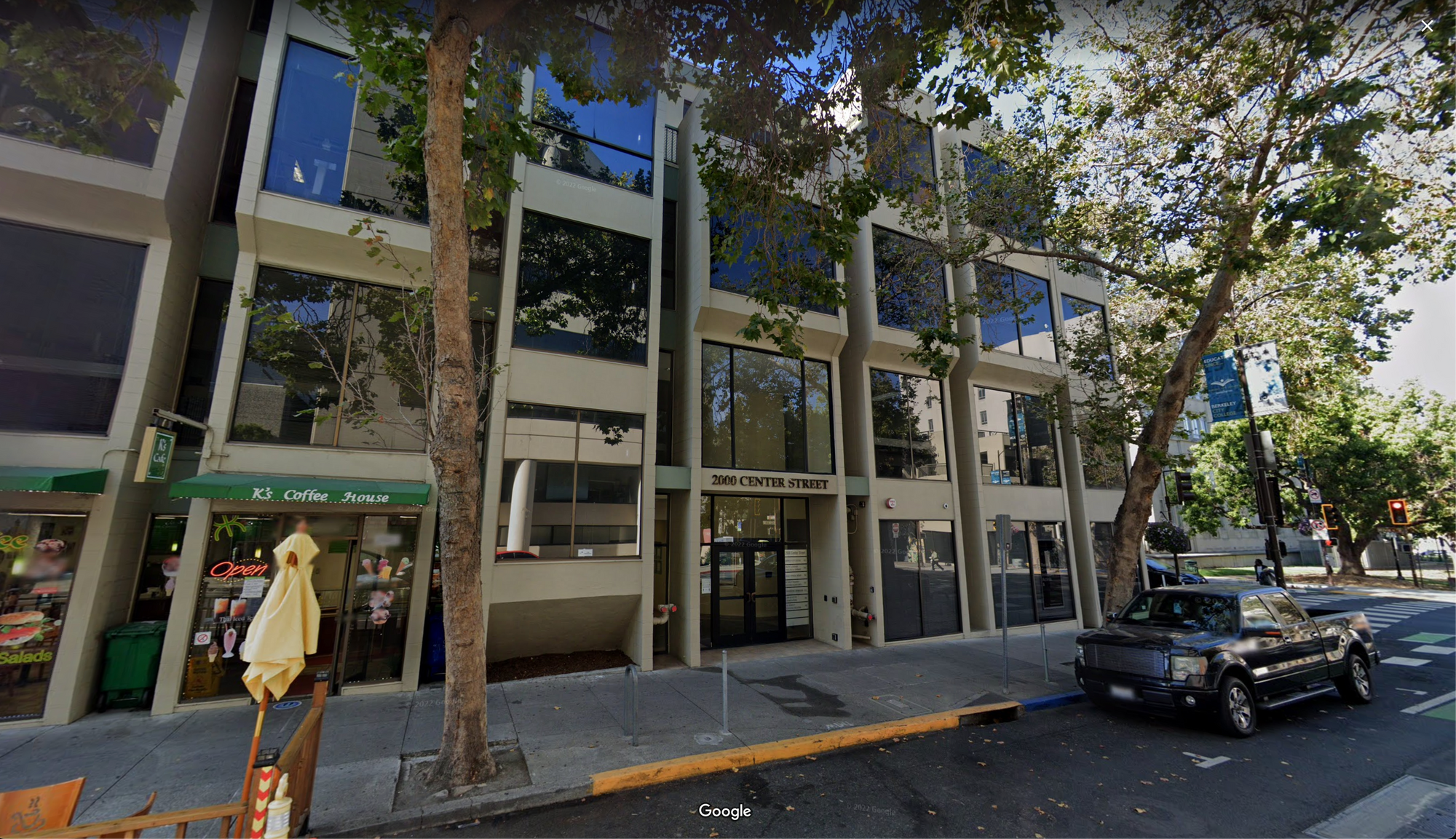
The 4th floor tenant’s name on the directory was conspicuously empty, revealing only that they shared the building with names such as “Pacific Lutheran Theological Seminary”. Hardly the neighbors I’d expected for a multi-billion-dollar crypto trading firm.
When I entered the office, SBF was sitting at his desk in the middle of the trading floor, taking a call while playing League, in characteristic fashion.
And yes, that was Alameda’s trading floor...
...Despite the fact that on paper, Sam had already transitioned to running FTX full-time, in practice both companies were highly intertwined. Joint offices, social events, and housing arrangements between both companies was the norm.
But more on that later.
I’m not sure who he was talking to, but I caught fragments of their conversation from Sam’s end:
"Decentralization is the future. The single most valuable thing you can do for yourself is to drop what you’re doing and get into crypto"
This was the first of many contradictions that I would see with Sam. On one hand, he would extoll the virtues of decentralized, permissionless finance to anyone who would listen. But a custodial, KYC’d derivatives exchange isn’t exactly a paragon of decentralization.
Inside you there are two wolves, I guess... or something.
Later that night we ordered Sliver Pizza and chatted over a game of bughouse - another favorite of Sam’s - and he revealed his plan to move the entire company to a tiny island in the Caribbean. I knew nothing about the Bahamas at the time. But as Sam spoke, it became clear that he had done his research.
“Did you know that FTX’s revenue is greater than 10% of the Bahamas’ GDP?”
I didn’t know, but a quick Google search revealed that he probably wasn’t far off.
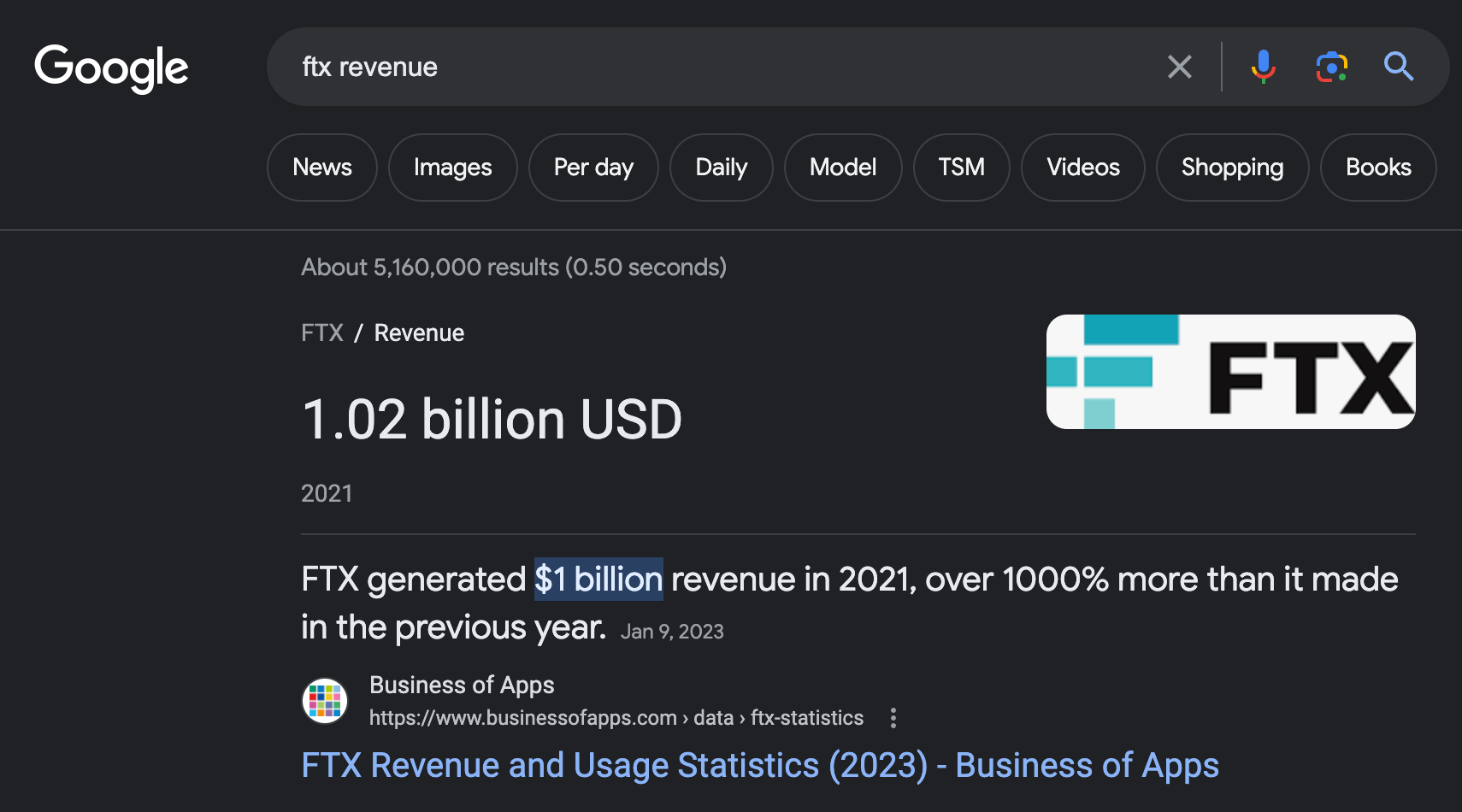
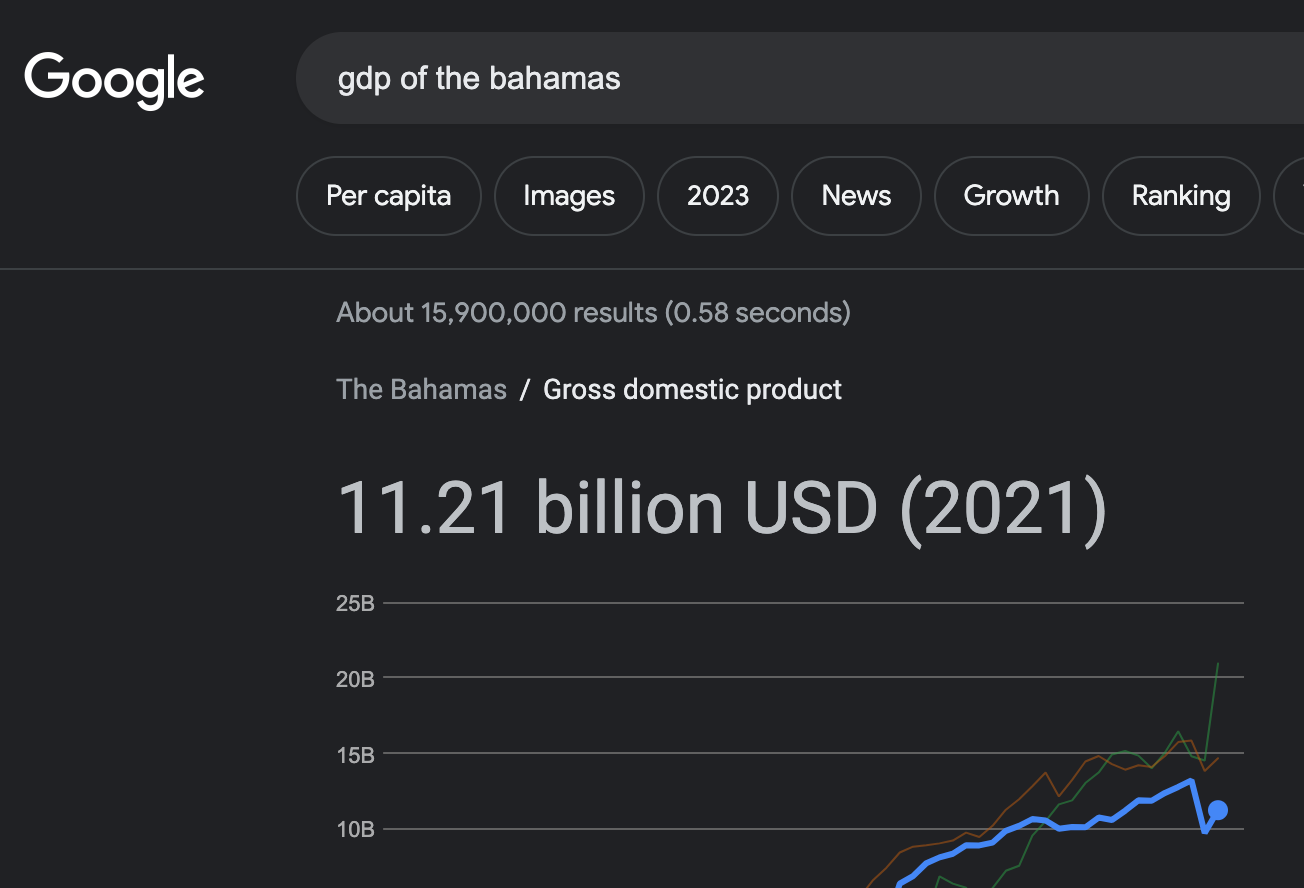
Sam’s vision for FTX, as he went on to explain, extended far beyond just a crypto exchange:
He talked about building a vaccine factory in the Bahamas to fix the invisible graveyard caused by slow FDA approvals.
He discussed the strategizing that had gone into the political donations made by the FTX execs.
He talked about hypothetical future technologies like iterated embryo selection, and the importance of not letting China get the lead in fundamental biotech research.
And of course, he talked about malarial bednets and veganism too.
Hearing Sam unveil his vision for the future, it became clear that every action he had taken - Alameda, FTX, the Bahamas, policy proposals - was all part of a grand plan. He didn’t just want to build a company. He wanted to build a machine - a growing sphere of influence that could break past the walls of that little office in Berkeley and wash over the world as a force for good.
Not just a company, but a monument to effective altruism.
As a starry-eyed new hire, it was hard not to get drawn in by the boldness of Sam’s vision. Many of us had joined the company precisely because we wanted to do good in the world. And here was a billionaire, not yet 30 years old, who was using his fortune to bankroll a radical new vision for the future.
Not to mention, with his self-effacing and awkward demeanor, I suppose many of us saw a little bit of ourselves in him as well.
Over the next year and a half, my life was transformed in ways I could never have imagined.
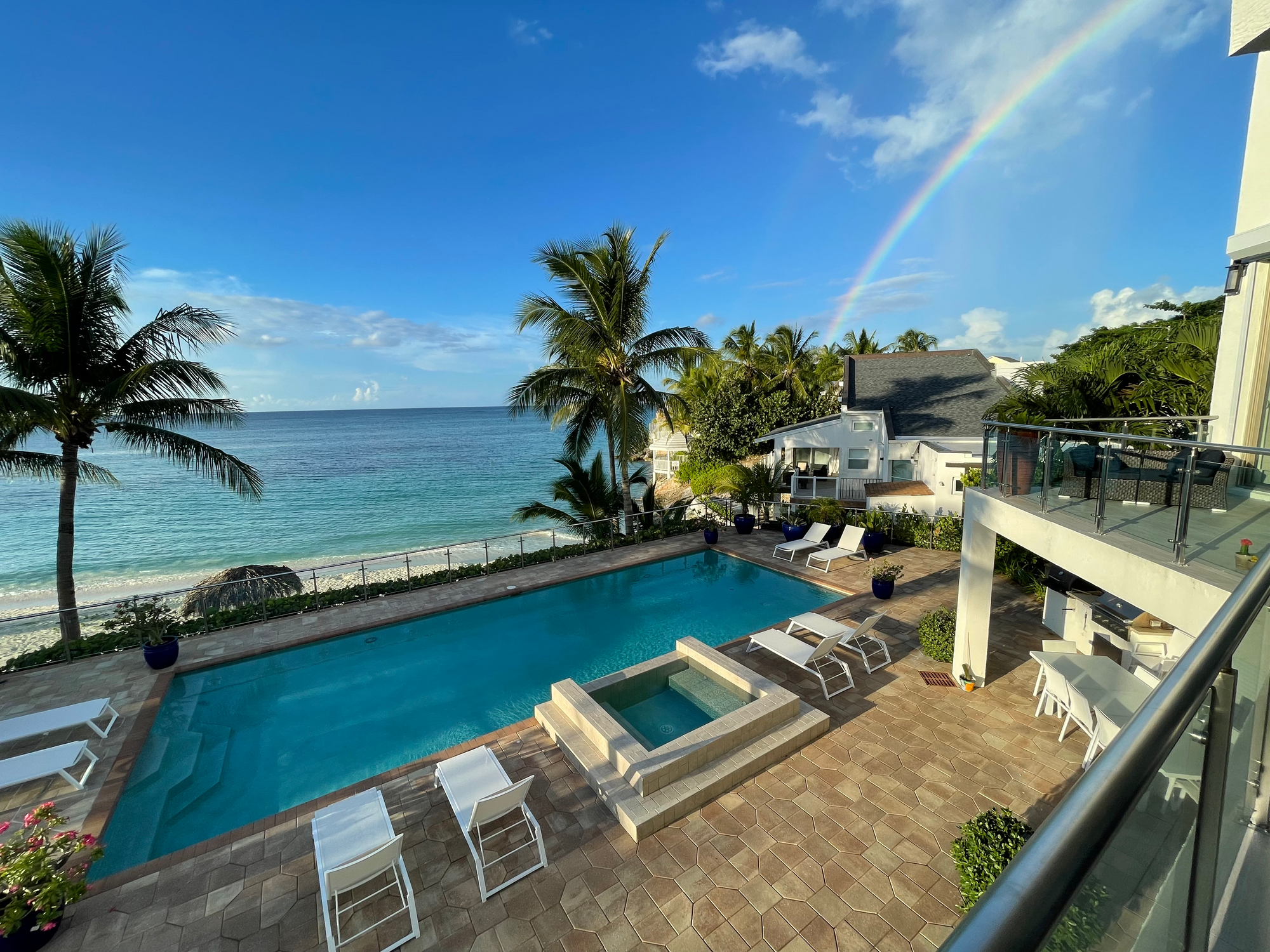
I experienced opulence the likes of which I’d only seen before in movies. Got flown around the world on a regular basis between Berkeley, Hong Kong, and the Bahamas. Brushed elbows with celebrities, sports icons, and political figures.
Yet at the same time, I saw irresponsibility. Careless risk management for a company handling billions of dollars in capital. Technical debt that would make any software engineer shed a tear. Millions lost in wasteful spending, and the hubris that it wouldn’t matter.
Of course, Sam didn’t end up building a vaccine factory or eradicating malaria. His customers, investors, and employees - the ones who trusted him most - are financially devastated. And the ruins of the half-built FTX headquarters lay strewn across the beaches of Nassau.
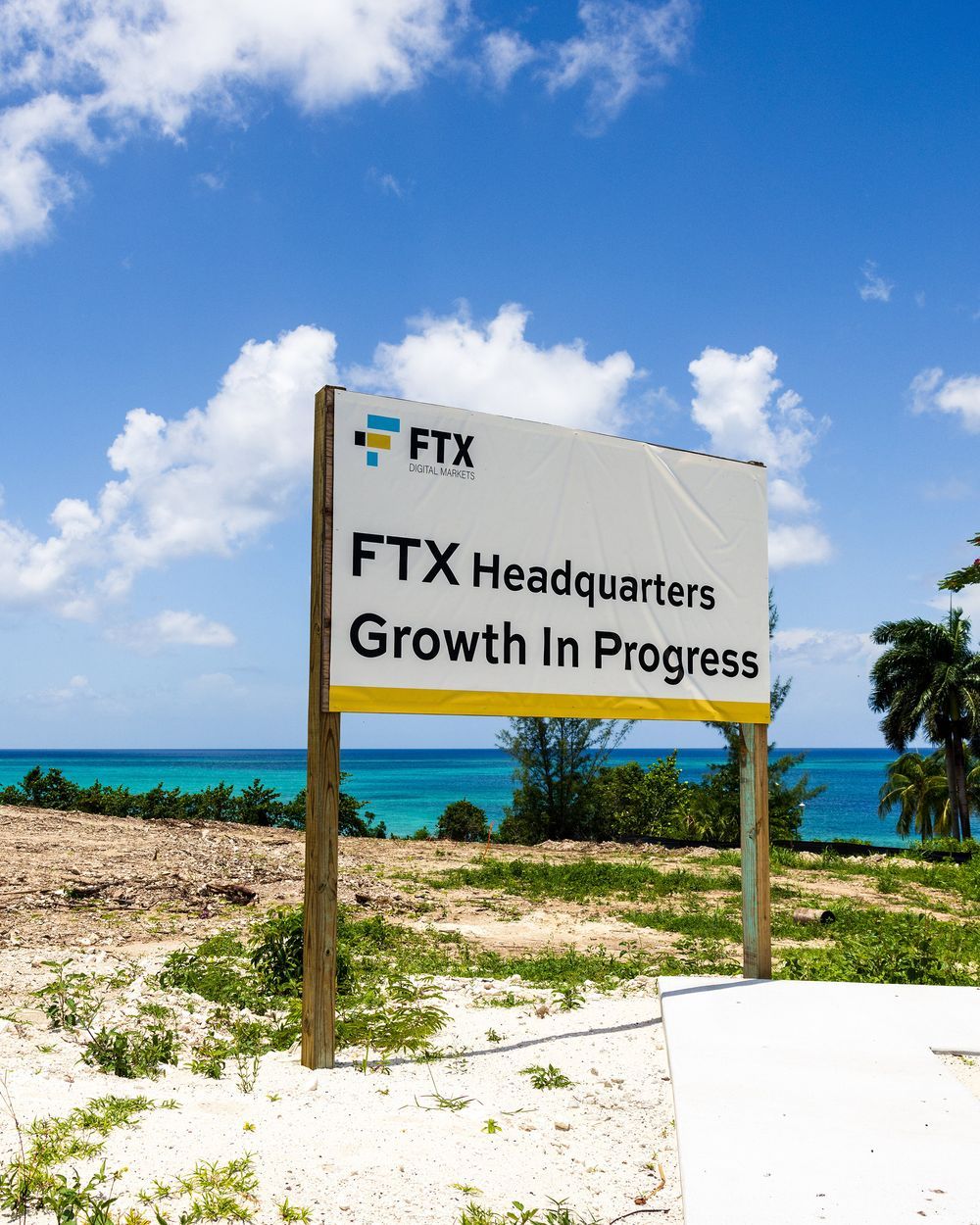
Sam himself is behind bars at MDC, having violated the terms of his house arrest. Even after all this, it seems he is incapable of following the rules.
Over the past months, I’ve seen a ton of speculation online about FTX and Alameda. Unfortunately, not all of it has been based in reality. What were Sam, Caroline, and the others like in person? Was it all just a scam? How was life in the Bahamas? People deserve to know.
Unfortunately, the story of my time at FTX/Alameda is too complex to put in a single thread. If you’re interested in hearing more about the shenanigans that happened on the inside, drop a reply here!
If the tweet thread gets enough traction, I'll turn it into a regular series :)